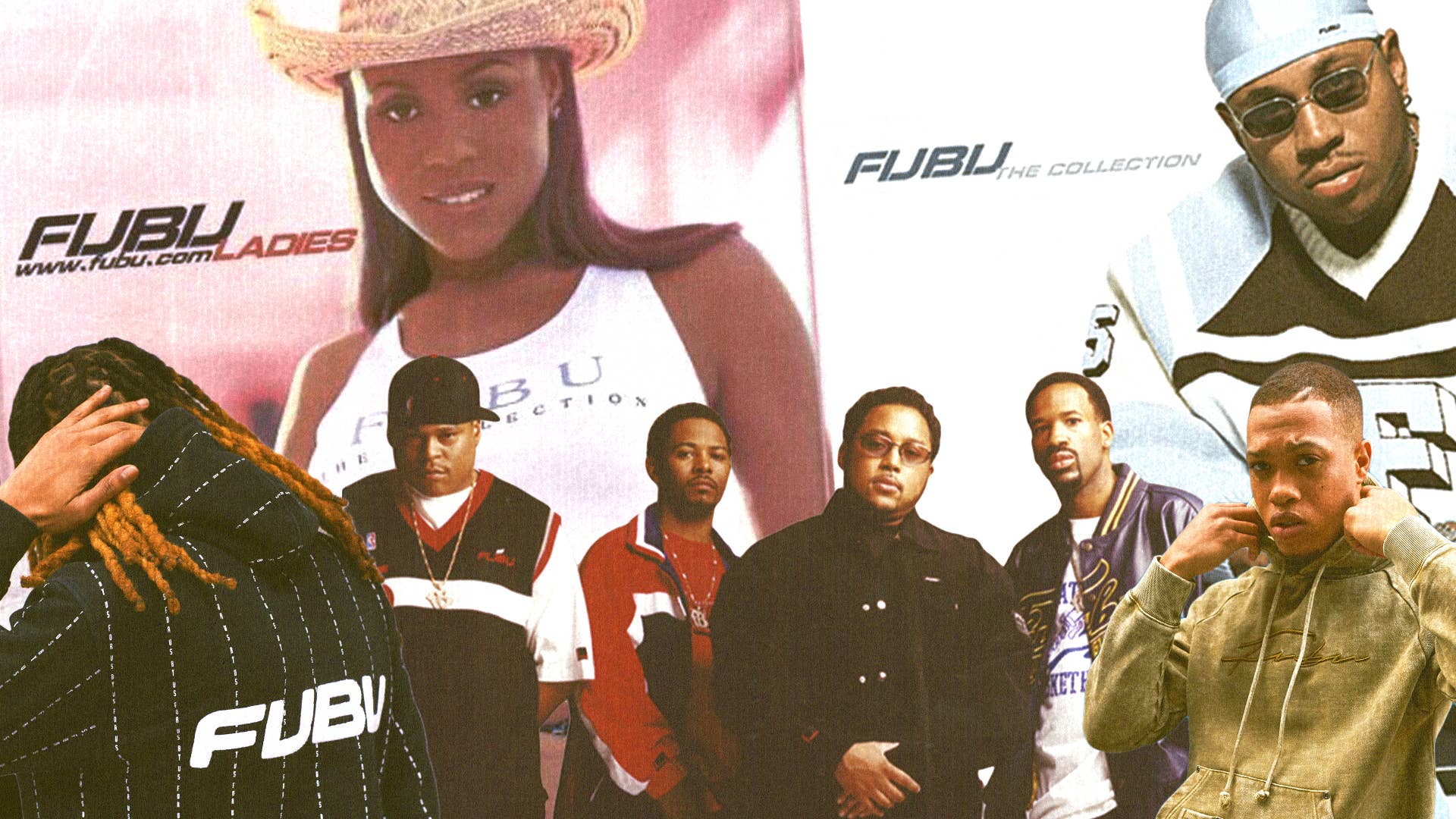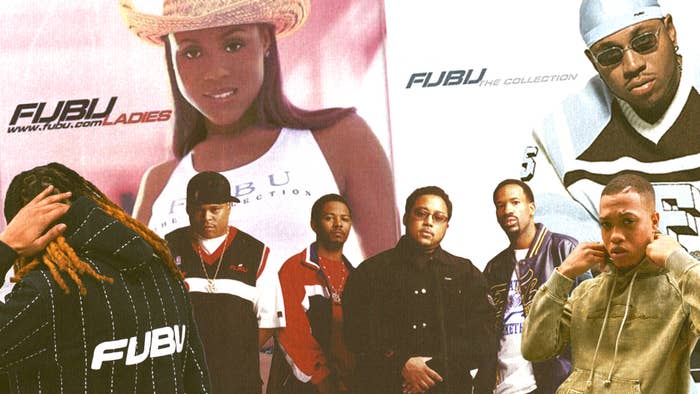
What should Fubu look like in 2021?
Co-founders Daymond John, J. Alexander Martin, Keith Perrin, and Carlton Brown, who are all still involved with the brand, have spent the past few years dropping capsules here and there that lean into nostalgia. But now they are interested in releasing something more modern.
“With this new generation, they didn't really know, they didn't really value the fact of what we were, what we did, and what it meant to the culture,” says Martin. “So our attack was, one, let's get out the nostalgic pieces, where people can go, ‘Wow, oh, I remember that, I remember that.’ And once we got you hooked we put out the pieces you want to see today.”
A couple of years ago Fubu returned to the market in a big way, with a capsule collection that was sold exclusively through select Century 21 stores.
Co-founder Perrin says the Century 21 collaboration reintroduced the brand to consumers—old and new—and helped test the market, but once Century 21 went out of business in 2020, they had to move on to something else.
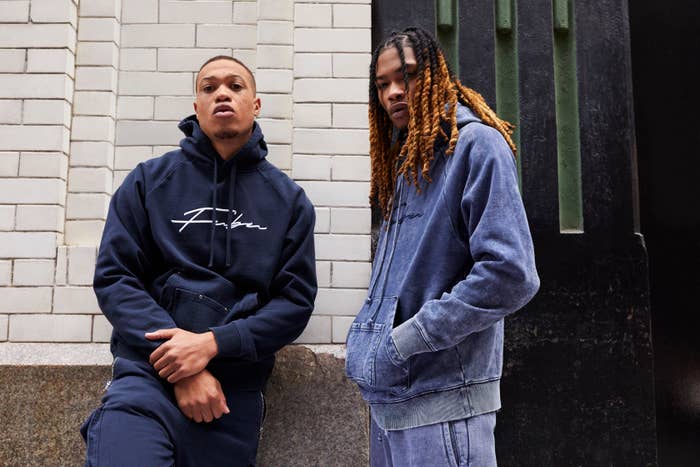
That’s why Fubu has partnered with The Brand Liaison, which will license its men’s, women’s and kids apparel in the US. It’s not the first time Fubu has licensed out its brand, but with this deal, the founders, who gathered on a Zoom call for a conversation with Complex, still have creative control, and there is going to be a focus on quality and quantity.
“We look at it like a strategic partnership, not just to license. They become our family, and we work diligently and hard with them to get the right product out there,” says co-founder J. Alexander Martin.
In partnership with Amrapur, Fubu will be producing men’s and women’s apparel collections that will include hoodies, sweatsuits, T-shirts, outerwear, throwback denim silhouettes, and fashion styles.
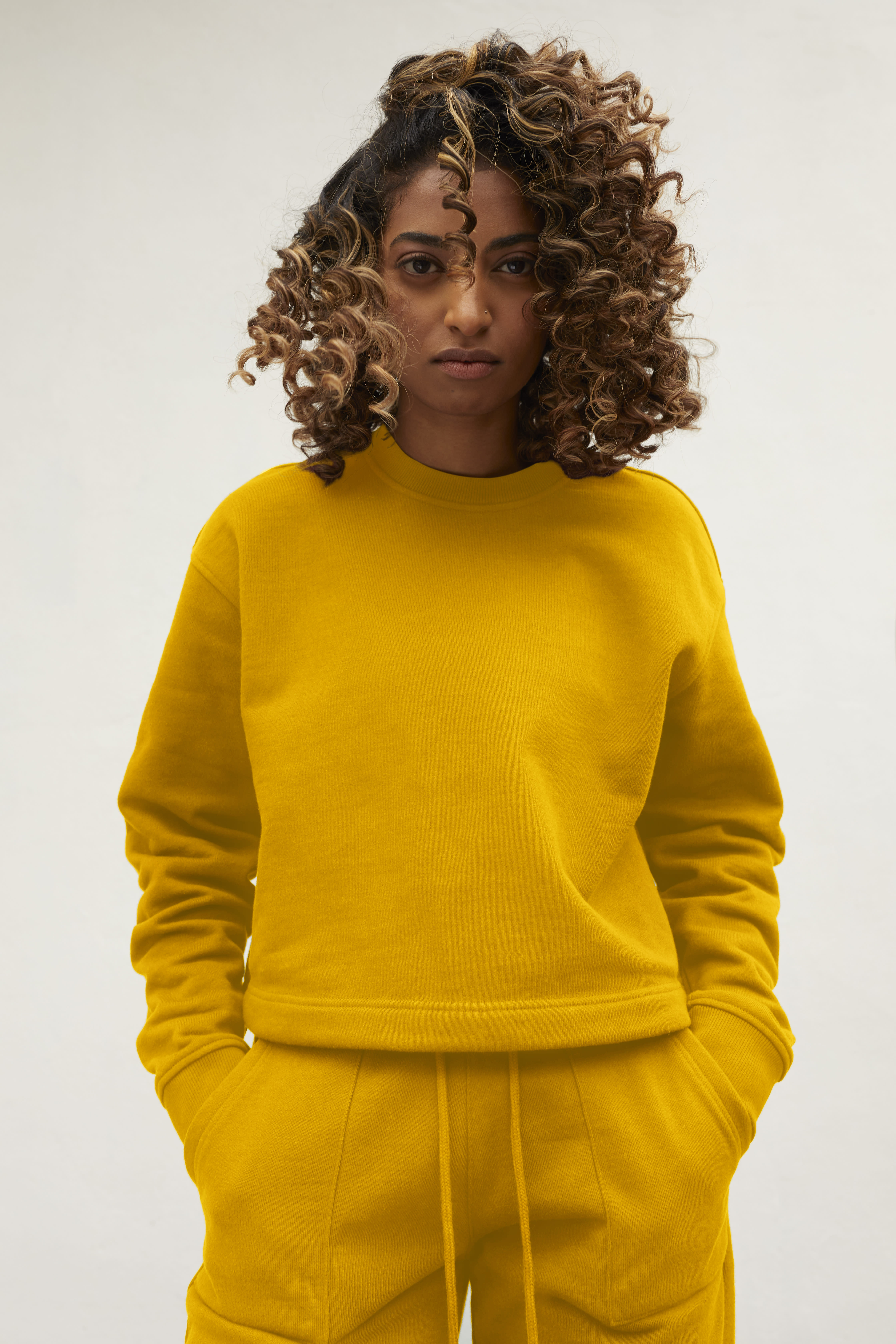
The first drop includes sweatsuits in modern fits and an embroidered Fubu logo. The line also includes hoodies with tie-dye and marble prints along with an embroidered “Equality” graphic.
The founders say they are targeting a large demographic that ranges from 5 to 55. Along with the apparel they will be producing eyewear and they have also partnered with Karako Suits to make Fubu suits that will retail at three suits for $750.
“We always have wanted to pass on the cost and price things fairly,” says co-founder John. “That's why when Iceberg was charging $400 for a sweater, we knew that it really cost about $150 to make. We could really sell it at $150, and we came out with Fubu Platinum. And instead of putting Bugs Bunny, we put Fat Albert or the gang on there. Was it expensive? Yes. But was it $400? No.”
At one point Fubu was in over 5,000 stores, but this time around they are keeping distribution tight, dropping capsules consistently on their e-commerce store instead of relying on wholesale.
“When we first started we had to make a million, 2 million units and sell them to the stores, and then the stores put them out, and then we realize what they sold or not. And whatever didn’t sell went to Burlington or T.J. Maxx,” says John. “So distribution is us putting out these small limited runs of things and seeing what works, right? So we want to be very conscious to who our customers [are]. And like everybody said, you have 55-year-olds who say,‘I ain't trying to wear no big logo, man, but I want to rock out with some quality pieces from you guys.’ And it may be tie-dye like is in today and it's cool. And then you got the young kid who says, ‘I do want a big logo.’”
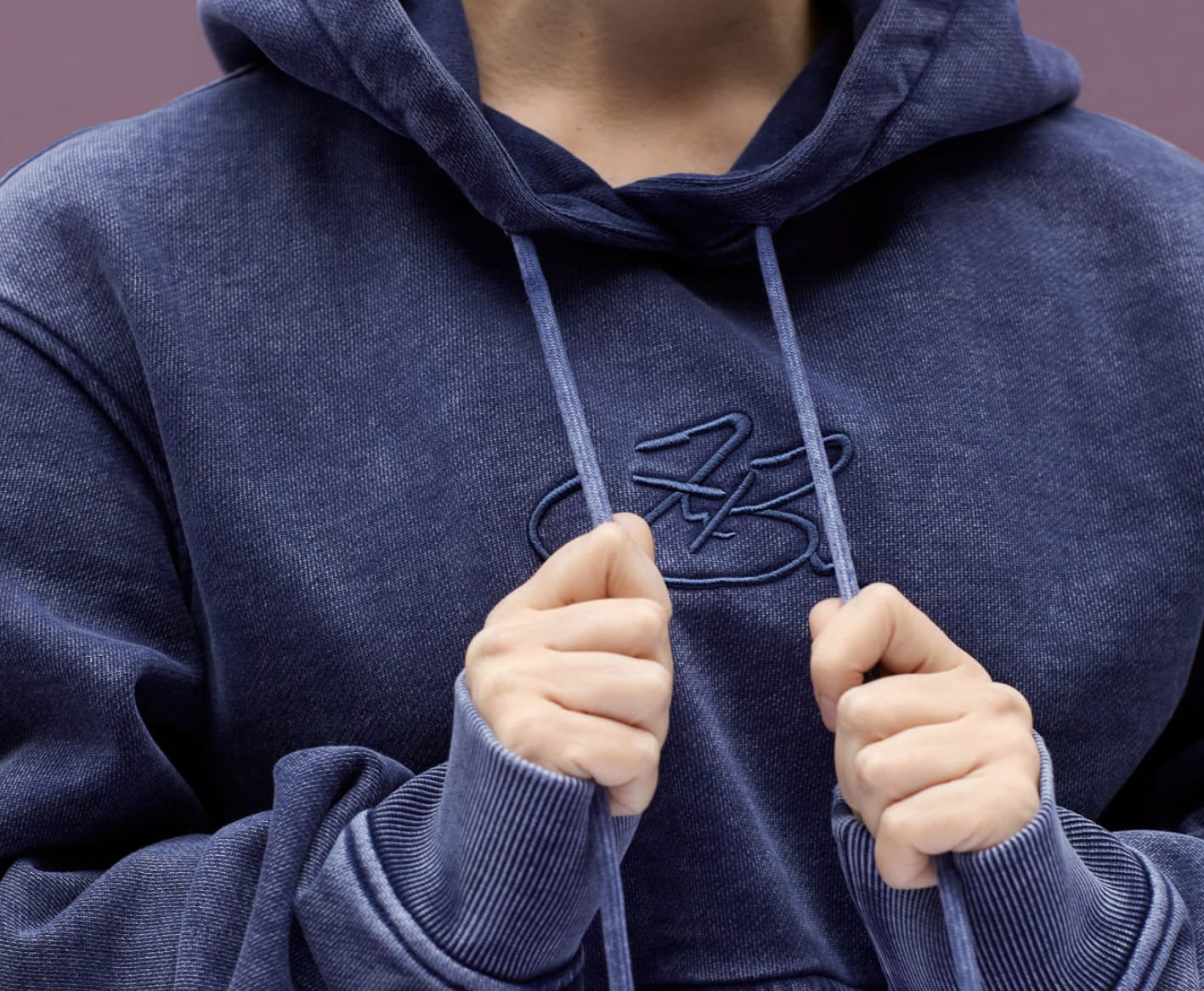
The founders have been intentional about all of their license holders and partners, opting to work with family owned businesses and people of color when they can. For example, their eyewear partner is Eye Candy Creations, which is owned by Tiffany Mcintosh, a Black woman.
Fubu, which also has a partnership with Coogi, is one of the few streetwear brands from the late ’90s and early 2000s that has survived and remained Black-owned. They were in a deal with Samsung that provided them distribution and helped them scale, but that's no longer in effect.
The founders, who had a record label at one point, say the primary goal right now is apparel and accessories, but they are hoping to branch off into other markets, including real estate, TV, and media.
“I think the long-term goal is definitely to be a conglomerate,” says co-founder Carl Brown. “But we know that a lot of those things won’t exist if we don’t do what we’re doing right now, right. So execution is most important right now.”

